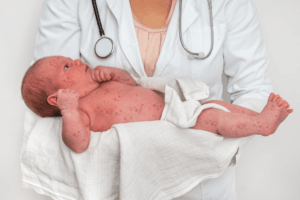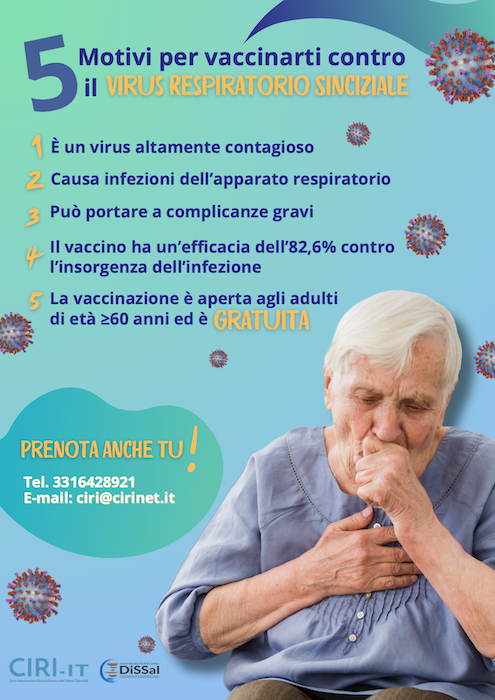With the arrival of the autumn and winter seasons, there is a significant increase in respiratory infections such as colds, bronchitis, and influenza. During this time of year, a rise in antibiotic use is expected, often inappropriate, contributing to the growing problem of antibiotic resistance.
What Is Antibiotic Resistance?
Antibiotic resistance occurs when a microorganism develops the ability to survive exposure to an antibiotic. This is a serious public health issue, as it can compromise the treatment of infectious diseases, leading to complications, longer recovery times, and, in some cases, patient death. Recent data estimate that infections caused by antibiotic-resistant bacteria are responsible for around 10,000 deaths per year in Italy.
This issue extends beyond human health to include veterinary medicine and the environment. Excessive antibiotic use may result in the release of these substances into the environment—into water, soil, and sediments—promoting the emergence of resistant bacterial communities in these ecosystems.
To effectively address this global threat, it is essential to adopt a “One Health” approach, which promotes coordinated interventions across human, animal, and environmental health sectors.
The First Line of Defense: Preventing Infections
The most effective way to combat antibiotic resistance is to prevent infections in the first place. Key measures include regular handwashing, wearing masks, and other responsible behaviors that reduce the need for antibiotic treatments. Among the most recommended preventive measures is vaccination, both for humans and animals.
When Should Antibiotics Be Taken?
Antibiotics should only be used when prescribed by a medical professional. It is essential to follow the prescribed dosage and duration of treatment without stopping the medication early. Incorrect use can compromise treatment effectiveness and accelerate the development of resistance.
Importantly, antibiotics are effective only against bacterial infections. They should not be used to treat viral illnesses such as colds or the flu. Inappropriate antibiotic use not only wastes medical resources but also fuels the spread of resistance.
References
- EpiCentro. https://www.epicentro.iss.it/antibiotico-resistenza/epidemiologia-italia
- EpiCentro. https://www.epicentro.iss.it/antibiotico-resistenza/pncar-2022
- FAQ – Antibiotico-resistenza. Ministero della Salute. https://www.salute.gov.it/portale/p5_1_2.jsp?lingua=italiano&id=219






